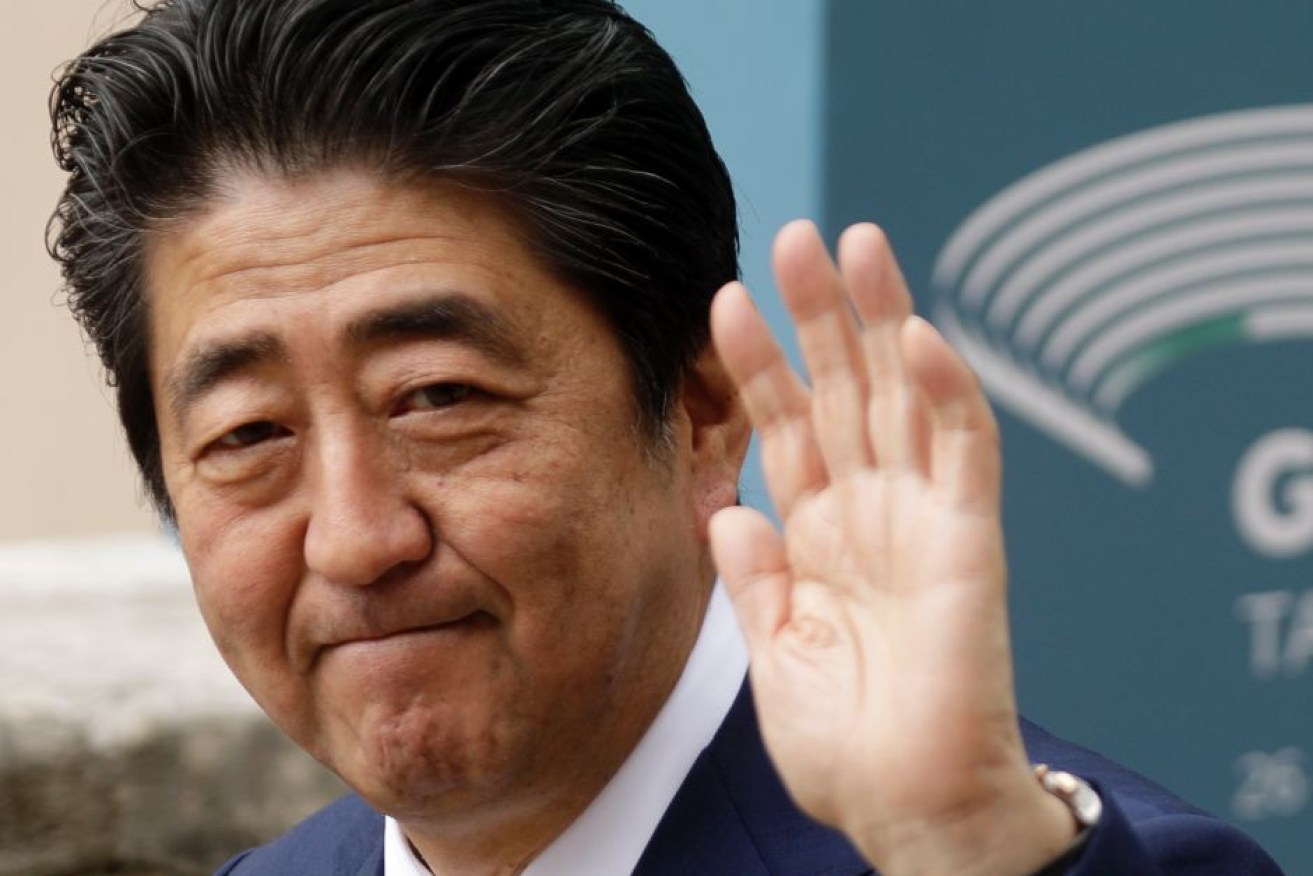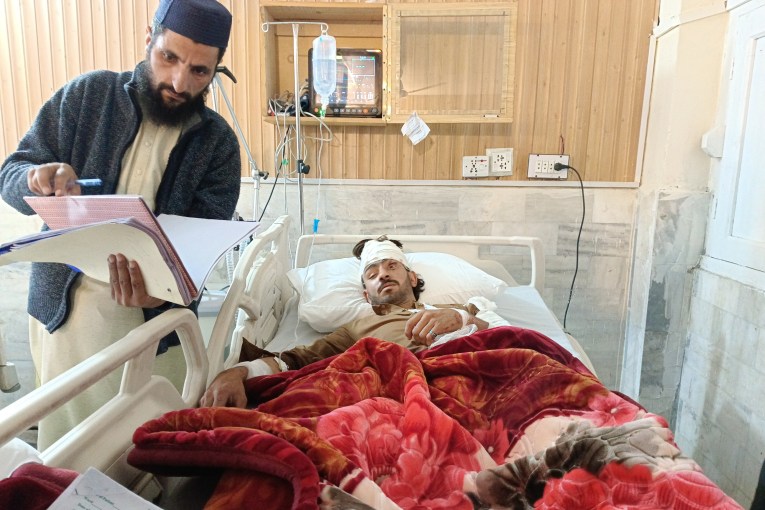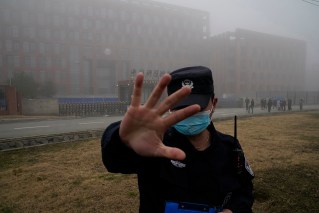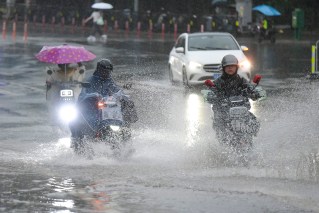Japanese PM Shinzo Abe to resign over health issues

Shinzo Abe has battled a health condition for years. Photo: AP
Japanese Prime Minister Shinzo Abe is set to resign, public broadcaster NHK says, adding that the long-serving leader wanted to avoid causing problems for the government due to the worsening of a chronic health condition.
The news sparked a slide in Tokyo stock prices and a rise in the yen when it came on Friday afternoon.
“The resignation is a done deal,” a source close to a senior official in Mr Abe’s Liberal Democratic Party said.
Mr Abe has battled the disease ulcerative colitis for years and two recent hospital visits within a week fanned questions on whether he could stay in the job until the end of his term as ruling party leader, and hence, premier, in September 2021.
He was scheduled to hold a news conference at 5pm local time on Friday (6pm AEST).
As the news spread, Japan’s benchmark Nikkei average fell 2.12 per cent to 22,717.02, while the broader Topix shed 1.00 per cent to 1,599.70.
Mr Abe’s resignation will trigger a leadership race in the LDP, the winner of which must be formally elected in parliament.
The conservative member of parliament returned as prime minister for a rare second term in December 2012, pledging to revive growth with his “Abenomics” mix of hyper-easy monetary policy, fiscal spending and reforms.
On Monday, he surpassed a record for longest consecutive tenure as premier set by his great-uncle Eisaku Sato half a century ago.
Under fire for his handling of the coronavirus pandemic and scandals among party members, Mr Abe has recently seen his support fall to one of the lowest levels of his nearly eight years in office.
Japan has not suffered the explosive surge in virus cases seen elsewhere, but Mr Abe had drawn fire for a clumsy early response and what critics see as a lack of leadership as infections spread.
In the second quarter, Japan was hit by its biggest economic slump on record as the pandemic emptied shopping malls and crushed demand for cars and other exports, bolstering the case for bolder policy action to avert a deeper recession.
Mr Abe has beefed up military spending and expanded the role of the armed forces, but his dream of revising the pacifist constitution has failed due to divided public opinion.
He resigned abruptly as prime minister in 2007, citing ill health after a year plagued by scandals in his cabinet and a huge election loss for his ruling party.
He had since kept his illness in check with medicine that was not previously available.
-AAP








